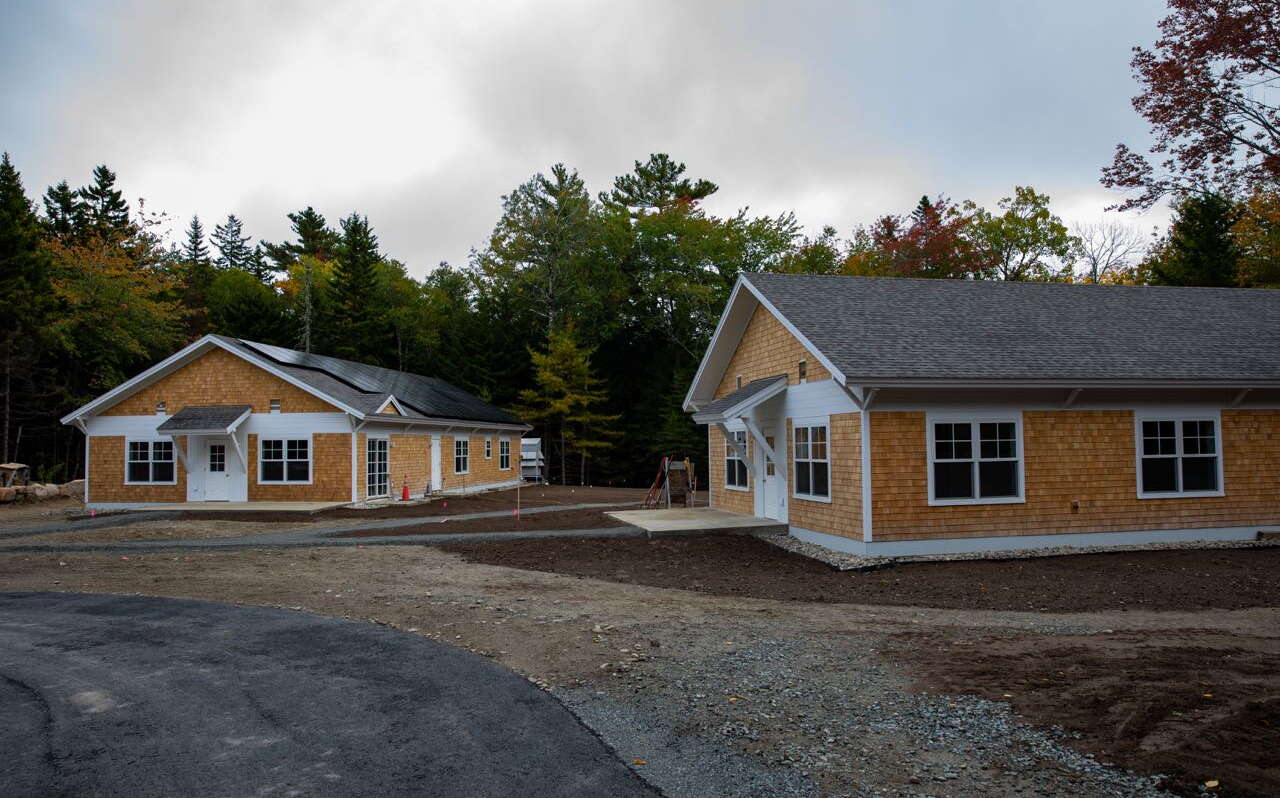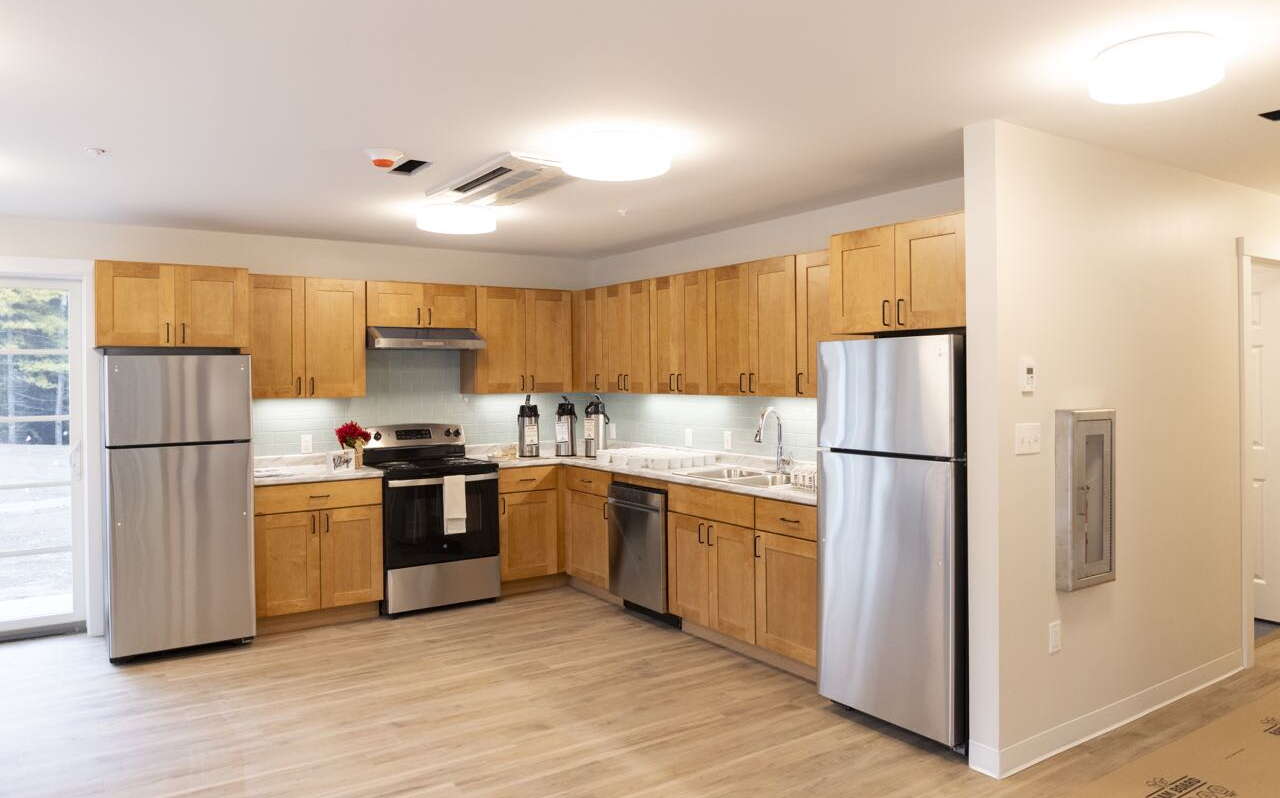
Processing Your Payment
Please do not leave this page until complete. This can take a few moments.
- News
-
Editions
-
- Lists
-
Viewpoints
-
Our Events
-
Event Info
- Women's Leadership Forum 2025
- On the Road with Mainebiz in Bethel
- Health Care Forum 2025
- On The Road with Mainebiz in Greenville
- On The Road with Mainebiz in Waterville
- Small Business Forum 2025
- Outstanding Women in Business Reception 2025
- On The Road with Mainebiz in Bath
- 60 Ideas in 60 Minutes Portland 2025
- 40 Under 40 Awards Reception 2025
- On The Road with Mainebiz in Lewiston / Auburn
- 60 Ideas in 60 Minutes Bangor 2025
Award Honorees
- 2025 Business Leaders of the Year
- 2024 Women to Watch Honorees
- 2024 Business Leaders of the Year
- 2023 NextUp: 40 Under 40 Honorees
- 2023 Women to Watch Honorees
- 2023 Business Leaders of the Year
- 2022 NextUp: 40 Under 40 Honorees
- 2022 Women to Watch Honorees
- 2022 Business Leaders of the Year
-
-
Calendar
-
Biz Marketplace
- News
-
Editions
View Digital Editions
Biweekly Issues
- April 21, 2025 Edition
- April 7, 2025
- March 24, 2025
- March 10, 2025
- Feb. 24, 2025
- Feb. 10, 2025
- + More
Special Editions
- Lists
- Viewpoints
-
Our Events
Event Info
- View all Events
- Women's Leadership Forum 2025
- On the Road with Mainebiz in Bethel
- Health Care Forum 2025
- On The Road with Mainebiz in Greenville
- On The Road with Mainebiz in Waterville
- + More
Award Honorees
- 2025 Business Leaders of the Year
- 2024 Women to Watch Honorees
- 2024 Business Leaders of the Year
- 2023 NextUp: 40 Under 40 Honorees
- 2023 Women to Watch Honorees
- 2023 Business Leaders of the Year
- + More
- 2022 NextUp: 40 Under 40 Honorees
- 2022 Women to Watch Honorees
- 2022 Business Leaders of the Year
- Nomination Forms
- Calendar
- Biz Marketplace
$3.3M workforce housing development opens at Acadia National Park
 Photo / Courtesy Evie Linantud, Friends of Acadia
Acadia National Park Superintendent Kevin Schneider and U.S. Sen. Angus King prepare to cut the ribbon at Dane Farm, flanked by Carol Woodcock, state office representative for U.S. Sen. Susan Collins and Friends of Acadia Board Chair Bill Each and CEO and President Eric Stiles.
Photo / Courtesy Evie Linantud, Friends of Acadia
Acadia National Park Superintendent Kevin Schneider and U.S. Sen. Angus King prepare to cut the ribbon at Dane Farm, flanked by Carol Woodcock, state office representative for U.S. Sen. Susan Collins and Friends of Acadia Board Chair Bill Each and CEO and President Eric Stiles.
Friends of Acadia hosted a ribbon-cutting Tuesday for a $3.3 million seasonal housing complex for Acadia National Park workers.
“Employees make it possible to fulfill our mission to protect and preserve these treasured landscapes and cultural features while offering world class visitor experiences,” said Lena McDowell, the National Park Service’s deputy director.
"But limited housing options in and near Acadia, and other national parks, have made it harder for us to recruit and retain employees.

The recently completed Dane Farm housing project, at 73 and 75 Jordan Pond Road in Seal Harbor, consists of two buildings for eight seasonal Acadia employees.
Seal Harbor is a village of the town of Mount Desert, on Mount Desert Island, where the bulk of Acadia National Park is located.
FOA acquired the four-acre parcel in September 2023 for $265,000.
The property, within Acadia’s administrative boundaries, had been used as a gravel pit and for materials and equipment storage.
Stiles previously told Mainebiz the project was built to the LEED Silver standard for green building certification, with elements that include good insulation and local sourcing of products and contractors, expected to result in energy savings and lower carbon footprint, along with minimal maintenance costs the first couple of decades. There’s a solar array on the roof of one building.

Rental rates of the units for the seasonal six-month positions will be roughly $700 per room per month, compared with $1,500 to $2,000 at minimum elsewhere on Mount Desert Island, he noted. Rent money will be returned to the Dane Farm project for continued maintenance.
The units will allow Acadia National Park to hire more seasonal staff, using federal funds that are already appropriated for the purpose. Last year, due to lack of affordable housing, Acadia was only able to hire 114 seasonal staffers, compared with the 175 authorized.
FOA donated the land and buildings to Acadia for long-term ownership and management.
Acadia’s leadership has said that the local housing shortage has a direct impact on its ability to hire a seasonal workforce, from April through October, to provide a quality visitor experience, care for cultural and natural resources, make progress on diversity and inclusion initiatives, and advance other strategic priorities.
Second development
A plan is in the works to build another 28-bedroom development for seasonal Acadia employees at Harden Farm in Bar Harbor.
Identified as a potential site for workforce housing since 1959, Harden Farm is home to eight existing bedrooms.
The National Park Service recently awarded a nearly $10 million contract to King Construction of Machias, which is scheduled to begin work on Phase 1 of construction this fall.
The project is funded through the National Park Service’s Housing Improvement Program and Centennial Challenge Program, along with financial support from Friends of Acadia and the National Park Foundation.
“National parks across the country are grappling with the challenge of providing quality housing for park employees,” said Lise Aangeenbrug, chief program officer of the National Park Foundation, which provided a $2 million grant to the park service.
Stiles noted that the projects are dependent on both public and private funding.
“The dynamic partnership between the park and Friends of Acadia allows us to tackle the housing crisis head on,” he added.
Kevin Schneider, Acadia’s superintendent, noted that the additional housing options strengthen the park’s ability to recruit and retain a quality workforce.
The National Park Service is in the final steps of project design and development for Phase 2 of construction at Harden Farm, which could allow for an additional 28 bedrooms to be built on the site.
Both the Dane Farm and Harden Farm projects are supported by Friends of Acadia's $10 million Raise the Roof fundraising campaign, part of an ongoing and collaborative effort to help catalyze both near-term and long-term solutions to employee housing challenges at Acadia.














0 Comments